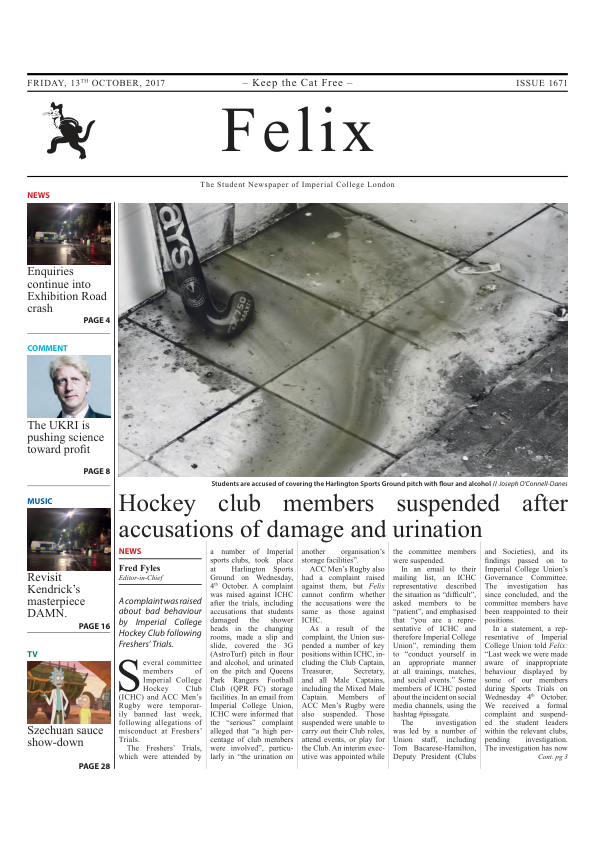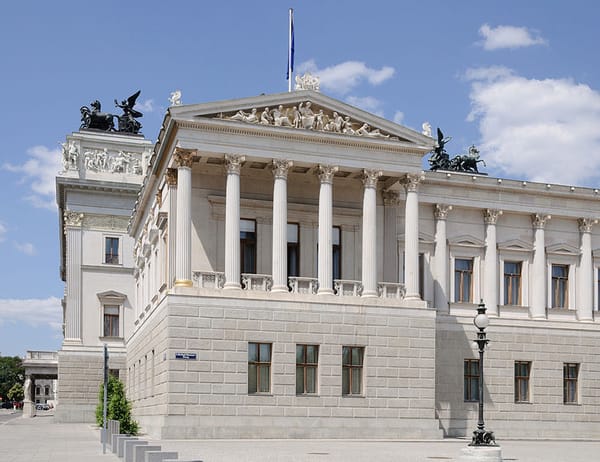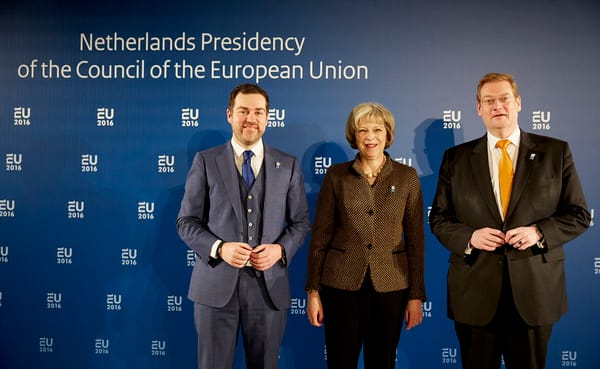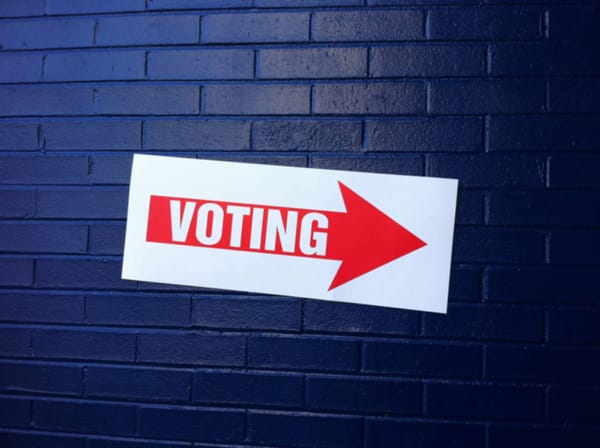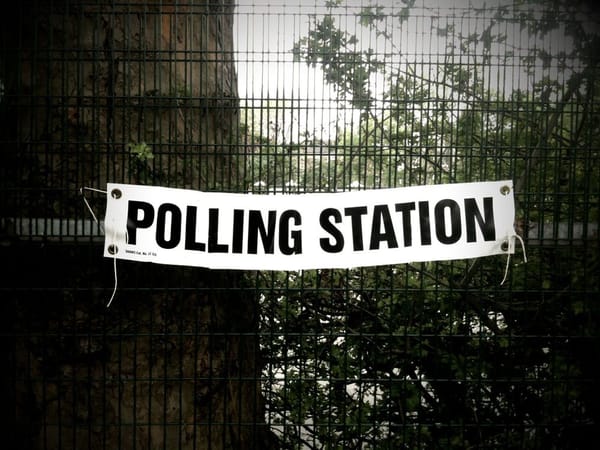Catalonia faces a uncertain future after an independence vote riddled with irregularities
After a questionable referendum that saw voters camping out in polling stations and being attacked by police, the fate of Catalonia has yet to be decided.

Do you want Cataluña to be an independent state in the form of a republic? This was the question posed to the 5,313,564 inhabitants of Cataluña, of which an overwhelming 90% voted “yes”, with a turnout of 42.3%.
While it is true that the right to self-determination is a fundamental human right, and that the people should dictate the government and not vice versa, it is of no surprise that this referendum was deemed illegal by the Spanish constitutional court (a ruling corroborated by the European Commission). Not because of the question that is being asked, but because of the way that this question is being asked to the Catalonian people.
“There is no legal way for Catalonian people to decide if they wish to be Spanish or not”
A review by international observers concluded the referendum did not comply with international standards owing to numerous irregularities. These included people being allowed to vote multiple times and use homemade ‘voting slips’. Some ballot boxes were placed in the street, allowing citizens to vote without being regulated, and transported without having been sealed. There were also suggestions some ballot boxes may have contained votes before arriving at polling stations. Even if the referendum had been carried out to international standards, it would have still been illegal under Spanish constitutional law, and it is here that the real problem resides. There is no legal way for Catalonian people to decide if they wish to be Spanish or not. The government offered no legal dialogue or alternative to the people of Catalonia to ask them about their national identity. Instead, they sent the police and civil guards to ensure this referendum did not happen, even if that included the use of force.
“Instead of dialogue, Spain crushes any possibility of agreement by using force”
We are left with the questionable result of an illegal referendum which left Catalonians angrier and more frustrated than ever because their voices are repeatedly silenced.
The aftermath was no less problematic than the referendum itself. Shortly after the referendum, the president of Cataluña, Carles Puigdemont, gave an ambiguous statement about the results. He stated: “I assume the mandate that Catalonia should become an independent state in the form of a republic.” But this was swiftly followed by: “I propose suspending the effects of the declaration of independence to undertake talks to reach an agreed solution. The conflict with Spain can be resolved in a negotiated way”.
“Catalonians are angrier and more frustrated than ever as their voices are silenced”
He effectively declared Catalonian independence then took it back in the next breath. This caused havoc in central government and Spanish Prime Minister Mariano Rajoy has encouraged Puigdemont to clarify his statement. If Puigdemont refuses to back down, Rajoy can retaliate by activating Article 155 of the constitution. This essentially allows the central government to take complete control over its autonomous communities (i.e. Cataluña) and allows it to take “necessary measures” to force the region to comply with laws and obligations imposed by central government.
Yet again, the Spanish central government has resorted to fearmongering. Instead of using its power for dialogue, it crushes any possibility of agreement between itself and the Catalonian government by resorting to the use of force. This is still no justification for the poorly monitored referendum and the uncertain declarations of Puigdemont, but there seems to be little chance of understanding and dialogue if both parties continue to engage with each other in this manner.


